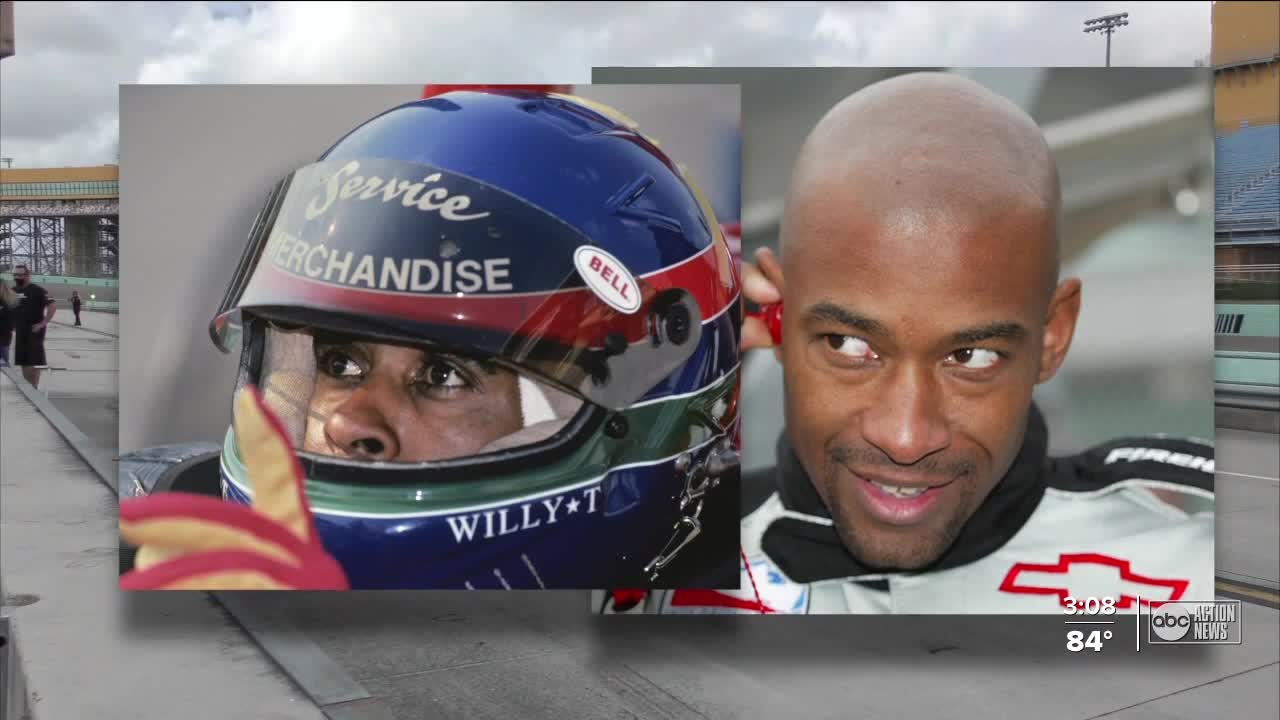ST. PETERSBURG, Fla. — Growing up, Myles Rowe didn’t have a lot of role models in racing.
“When I was younger, when I discovered it, I think that not seeing someone that looked like me might have put a little bit of a halt into me wanting to find a way to invest in it just because that influence wasn’t there," Rowe said.
Only two African-Americans have ever driven in the Indy 500, a race that goes back to 1911.
Rod Reid has been involved in the sport for decades and has experienced the struggles.
“There aren’t a lot of people that have the kind of dollars that can get into this sport and maintain themselves in this sport. But there is that piece of systemic racism and that happens throughout every walk of life," said Reid.
Reid now runs Force Indy a USF2000 team put together as part of the Race for Equality and Change program.
It’s aimed at building minority involvement in racing.
Reid’s first three hires were African-American.
“It’s very important for us to build a pipeline for those in motorsports whether its PR, communication all the way up through mechanics and engineers," said Reid.
As for his driver, Reid says Rowe has what it takes on and off the track to be a role model.
“Force Indy team has a mission to bring about a change in motorsports as a whole, but it’s starting here on the Road To Indy bringing about our appearance and our drive to succeed with the people we have on our team all the African Americans and everybody learning and developing/
Force Indy is paying tribute to black history with car number 99.
It was used in 1951 by Dewey Gatson, one of the winningest African-American drivers in racing history.






